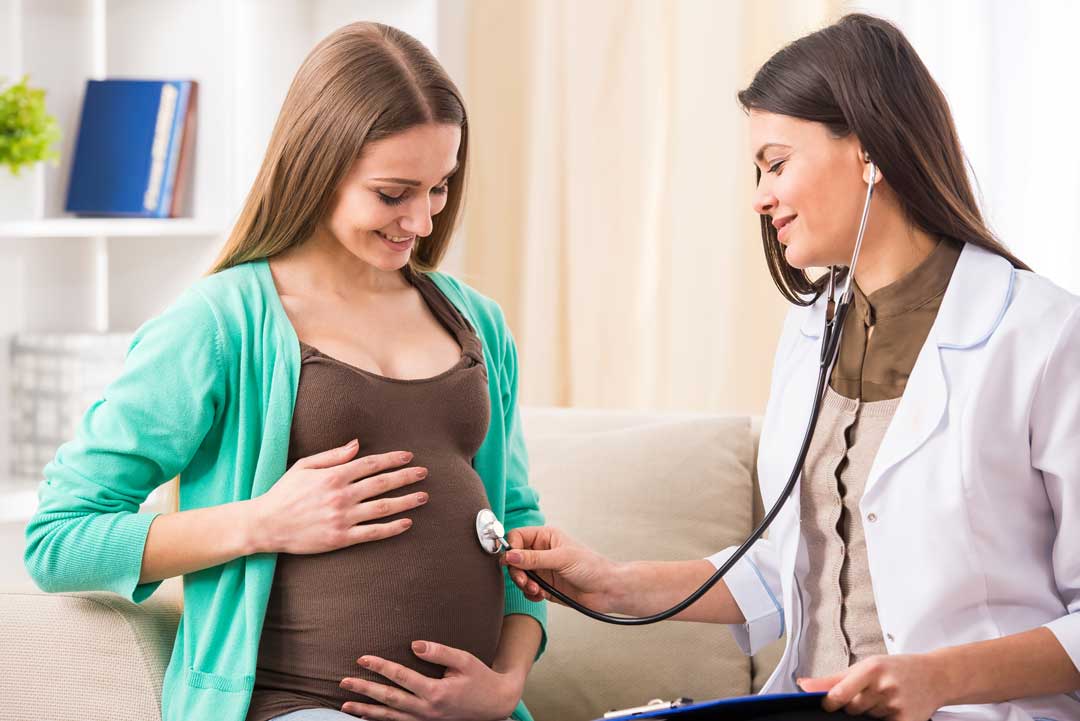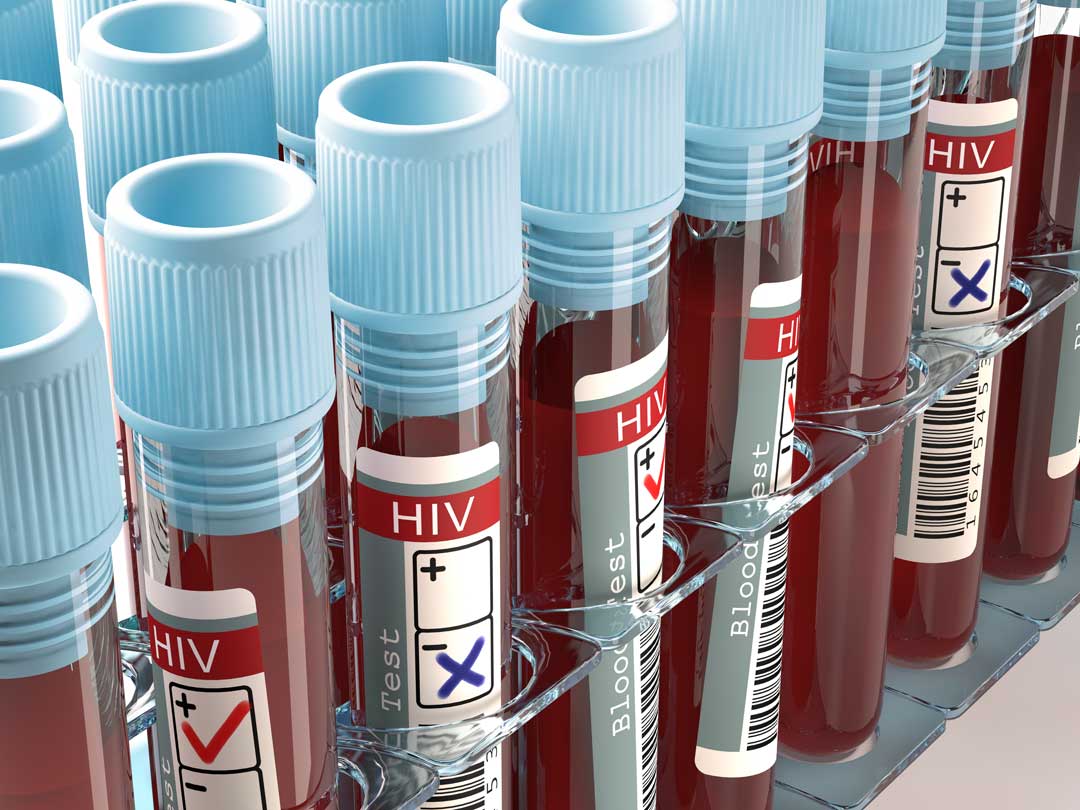Programs & Classes
Borinquen Medical Centers offer the following classes and programs:
Substance Abuse & Mental Health Services Administration (SAMSHA)
The Substance Abuse and Mental Health Services Administration (SAMHSA) is a branch of the U.S. Department of Health and Human Services. It is charged with improving the quality and availability of treatment and rehabilitative services in order to reduce illness, death, disability, and the cost to society resulting from substance abuse and mental illnesses.

STOPP-E
Borinquen’s outpatient substance abuse program, STOPP, is committed to helping those struggling with alcohol or drugs take the first step towards recovery. Experienced STOPP counselors will provide an atmosphere conducive to recovery and provide services that include: outreach; individual substance abuse counseling; groups counseling; early recovery skills; relapse prevention; family education; prevention and risk reduction education & counseling; HIV and Hepatitis testing, counseling; linkage to residential treatment facilities, if needed; access to BMC psychiatric services and specialty medical services; and additional community support services, such as housing and employment assistance, with collaboration from our community partners. It is our goal to provide evidence based substance abuse counseling, reduce substance use and make a lasting, positive impact to those we serve.

BCARE
Are you experiencing symptoms of a mental illness?
Do you need a primary care provider?
Whether you have insurance or not…
Borinquen Medical Center’s B-Care program provides behavioral health and primary care services to anyone over the age of 18 who is diagnosed with a serious mental illness. The integrated services offered include:
- Medical Services / Primary Care
- Psychiatric Services
- Mental Health Counseling
- Medication Management
- Case Management
- Wellness Groups (Smoking Cessation Counseling, Cardiovascular education, Diabetes education, Exercise program and WHAM)
- Nutrition Monitoring and Counseling
- Health Insurance Orientation
Locations:
2691 NE 2nd Ave, Miami, FL 33137
(305) 576-6611 EXT 3111, EXT 3112
3000 Biscayne Blvd, Miami, FL 33137
5040 NW 7th ST, Miami, FL 33126
(305)576-6611 Ext. 8131

Targeted Outreach for Pregnant Women Act (TOPWA)
Targeted Outreach for Pregnant Women Act (TOPWA) was created in 1999 to reach HIV-infected pregnant women or high risk pregnant women who are not receiving services. The TOPWA programs assist under-served women in accessing the medical or social services needed to lower their risk of HIV infection or substance abuse. TOPWA outreach workers go into untraditional venues/locations in high risk communities to identify and enroll HIV-infected or substance-abusing pregnant who have not yet accessed adequate care and treatment.

Expanded Testing Initiative
To increase awareness of HIV status, CDC established the Expanded Testing Initiative (ETI), under which three programs have been launched. In 2007, CDC implemented PS 07-768 Expanded and Integrated Human Immunodeficiency Virus (HIV) Testing for Populations Disproportionately Affected by HIV, Primarily African American. It was followed by PS10-10138: Expanded Human Immunodeficiency Virus (HIV) Testing for Disproportionately Affected Populations (2010-2011), which in turn was incorporated into PS12-1201: Comprehensive Human Immunodeficiency Virus (HIV) Prevention Programs for Health Departments (2012-2017).
This page and program is supported by the Health Resources and Services Administration (HRSA) of the U.S. Department of Health and Human Services (HHS) under the Grant Number H89HA00005 continuation contract Part A/MAI for an award totaling $1,917,846.24 and Grant Number H76HA00758 continuation contract for Part C for an award totaling $757,079 as of February, 2020. The contents are those of the author(s) and do not necessarily represent the official views, nor an endorsement by, HRSA, HHS or the U.S. Government.

High Impact HIV Prevention
CDC and its partners are pursuing a High-Impact Prevention approach to reducing new HIV infections. By using combinations of scientifically proven, cost-effective, and scalable interventions targeted to the right populations in the right geographic areas, this approach promises to increase the impact of HIV prevention efforts – an essential step in achieving the goals of NHAS.
This approach is designed to maximize the impact of prevention efforts for all Americans at risk for HIV infection, including gay and bisexual men, communities of color, women, injection drug users, transgender women and men and youth.

Case Watch Ryan White Outreach
AIDS Assistance Program
The Health Resources and Services Administration’s (HRSA) Ryan White HIV/AIDS Program provides a comprehensive system of HIV primary medical care, essential support services, and medications for low-income people with HIV. The program funds grants to states, cities, counties, and local community-based organizations to provide care and treatment services to people with HIV to improve health outcomes and reduce HIV transmission among hard-to-reach populations.
Learn More at HRSA.gov

Ryan White Part A
AIDS Drugs Assistance Program
HRSA’s Ryan White HIV/AIDS Program is divided into five Parts, following from the authorizing legislation. Part A funds medical and support services to Eligible Metropolitan Areas (EMAs) and Transitional Grant Areas (TGAs). EMAs and TGAs are counties/cities that are the most severely affected by the HIV/AIDS epidemic.
Learn More at HRSA.gov


